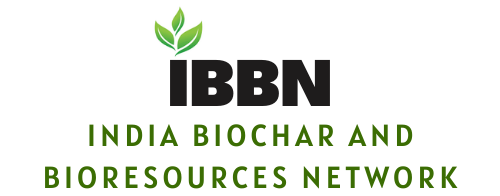The Indian government has recently made two steps towards the introduction of a domestic carbon market. First, India’s Bureau of Energy Efficiency (BEE) presented a draft blueprint for the phased introduction of a national Cap-and-Trade system in India, providing for the introduction of a voluntary market in the first phase. Second, on 29 July 2022, the Indian Lower House of Parliament (Lok Sabha) adopted an amendment bill to the 2001 Energy Conservation Act that provides the legal basis for the establishment of a voluntary carbon credit trading scheme.
In a draft blueprint for stakeholder consultation published in October 2021, the BEE – a state agency under the Ministry of Power – proposed three phases towards the adoption of a Cap-and-Trade System. The first phase seeks to increase voluntary demand for carbon credits in India. Demand should stem from voluntary buyers, existing designated consumers, state designated agencies, power distribution companies, and airlines. According to the BEE, other sectors are also under consideration. The second phase seeks to increase the supply of carbon credits through the development, registration, and validation of emission reduction projects. These projects will then issue emission reduction units. In the third phase, the voluntary market should eventually evolve into a mandatory cap-and-trade system, in which specific sectors and companies are designated to generate only a certain volume of emissions (i.e., a cap). According to the blueprint, the national Cap-and-Trade System would have a similar design to the Emissions Trading System of the European Union (EU ETS).
